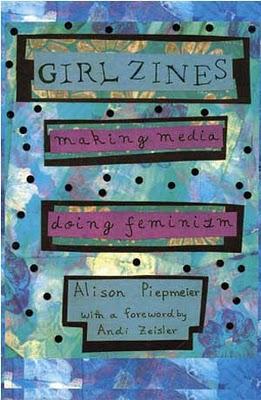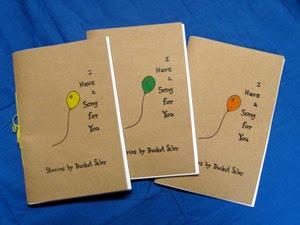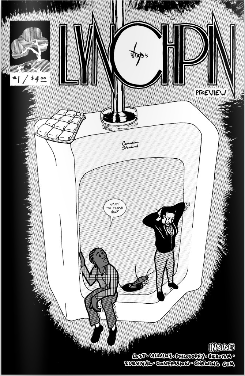Doing It Better - Conflict Resolution after Abuse in Leftist Communities
Joe Biel / Microcosm Publishing
11cm x 18cm, 40 pages
$4
Doing It Better is a timely proposal of ways allegations of abuse should be handled, in most instances that means differently than they are currently.
At long last there has been change in public consciousness surrounding the exploitation of others by men in positions of power. There are now seen to be consequences for abuse and exploitation, although, as Joe points out, for those in true positions of power "a person's finances can insulate them sufficiently from true accountability for their actions".
Joe relates cases of perpetrators of abuse within the radical zine and activist communities, and how those perpetrators have been dealt with in the past. Often it has been with a form of vengeance rather then justice. The problem is that ostracism of the abuser from a community doesn't lead to behavioural understanding by the perpetrator, or more importantly change of those behaviours, and they are just likely to be repeated elsewhere.
The zine is in no way making apologies for criminal and unethical behaviour, and of course Joe isn't suggesting further contact between victim and abuser, but seeks to put forward a strategy for actionable accountability. It's a zine written with unflinching honesty, which is crucial for issue that often provokes knee-jerk reactions. And while those reactions are completely understandable, it's the more radical responses that will perhaps prove to be the most valuable.
Doing It Better doesn't have all the answers, but it is a set of starting points for discussion and elaboration - a provocation for the open conversations we should all be having.
Buy a copy direct from Microcosm: microcosmpublishing.com/catalog/zines/9119






















